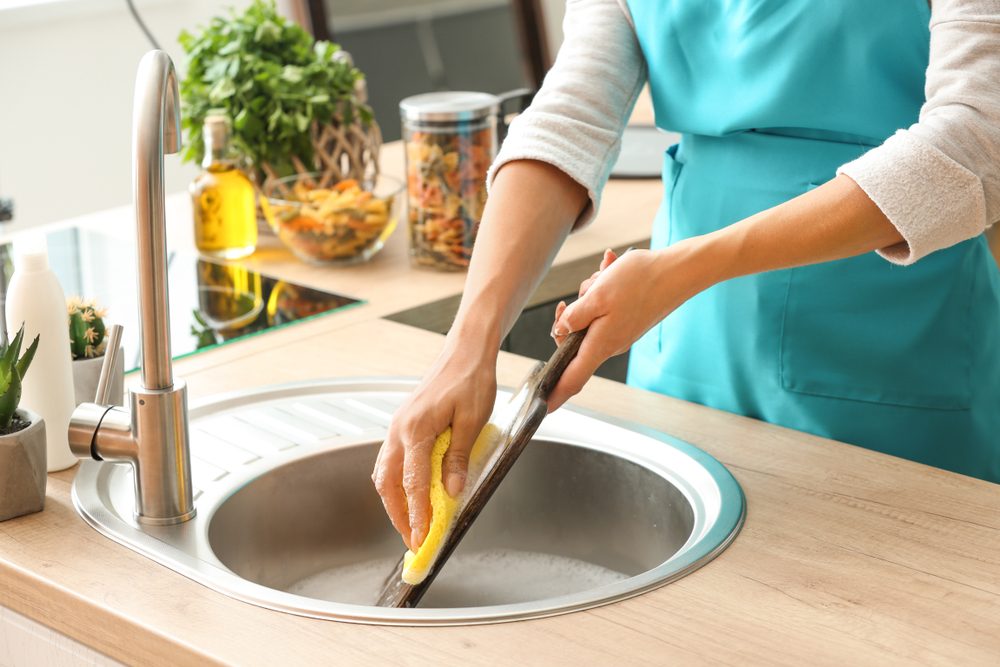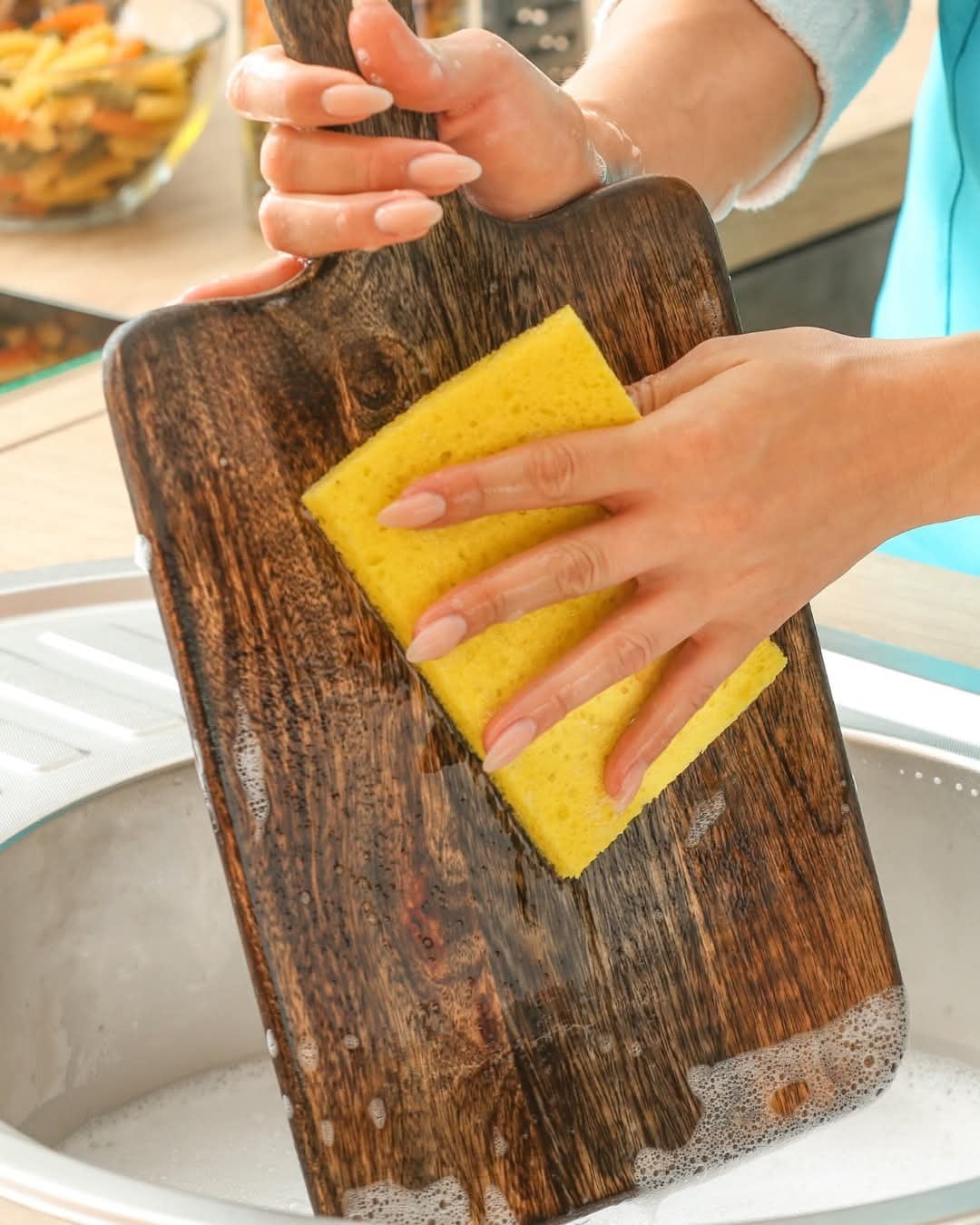ADVERTISEMENT
How to clean cutting boards according to the type of material…
In the kitchen today, many different types of cutting boards are used, according to the needs and budget of each: but how can you clean them thoroughly without ruining them? Here are some tips for cleaning cutting boards well and making them last as long as possible.
;Resize,width=742;)
Immagine
Cutting boards are among the most used tools in the kitchen, not only in professional kitchens but also in home kitchens: unless you have a nice marble counter where you can work with a knife and cleaver, you will always need a cutting board on which to slice, chop, and mince the foods you need to cook. The most common in home kitchens are certainly wooden cutting boards – now banned in restaurant kitchens for safety reasons – but there are also other types, such as plastic cutting boards, which are very common, but also marble, glass or Teflon. How do you clean them perfectly? Here are some tips for cleaning your cutting boards well and making them last longer.
1. How to clean wooden cutting boards
Immagine

Although they are the most used, wooden cutting boards are actually not the most suitable for use in the kitchen: it is no coincidence that it is not legal to use them in restaurant kitchens, because they have a high absorption capacity. The porosity of the wood, in fact, means that the wooden cutting board is able to accumulate residues and thus become “prey” to bacteria and germs, as well as bad smells. Another reason why they are prohibited is the issue of splinters: very old cutting boards, in fact, can release micro splinters of wood that are best avoided. For this reason, it is better not to use very old cutting boards and to clean them regularly: furthermore, it is good to make sure that they dry, to avoid problems with mold.
Read more on next page
ADVERTISEMENT
